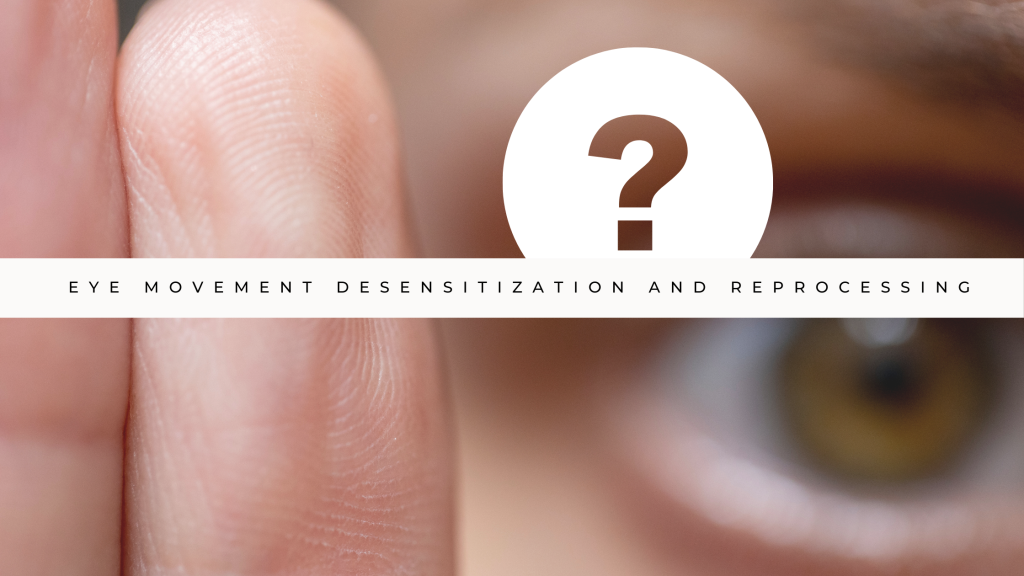
Photo by Canva
“I’m a perfectionist,” she said, breaking her gaze with me to look down at her feet, slightly turned inwards, careful not to crease her sneakers. The smile on her face suggested this was a kind of badge of honour, but the way her shoulders slumped forward as if rocks were stacked on either side, shared a different story, a kind of heavy burden.
Teen perfectionists, driven by thoughts of meeting an ideal, whether it be an ideal grade, an ideal body image, an ideal way of being or performing, results in a constant “falling short” in the person’s eyes.
Fed by negative self-talk, unhealthy comparisons, and unrealistic expectations teens who struggle with perfectionistic thinking tend to:
1.Get blocked from starting tasks, leading to things like procrastination or incomplete assignments, as they contemplate the right or perfect thing to say, do, or write
2.Put a disproportionate amount of time and energy on the tasks they are trying to accomplish and when they are not working on them, it is like a constant radio static in their brain reminding them that they should be.

Photo by Canva
(Tackling the Perfectionism Monster is a great podcast to listen to on this topic).
**Tina imagines the way her body “ought” to look. Every day she spends hours looking at images of what she considers the ideal body type. She spends most of her day thinking about or planning around activities that will lead her to this “perfect” image. Even when she’s hanging out with friends or reading her book, her brain constantly tries to pull her into these thoughts and feelings. Perfectionism has Tina trapped in a cycle, pulling her away from much of the enjoyment of her life and consumes her with feelings of stress, guilt, and shame.

Photo by Canva
**Evelyn calls herself a procrastinator and most of the time manages to get her assignments in but often right at the deadline or after her mom asks her teachers for an extension. Lately her English assignments have been piling up. Every time Evelyn opens her laptop, she stares blankly at the page, her brain arguing with itself between putting something down and shooting the idea down before her fingers can start typing. The white page stares back at her, a reminder that if her ideas aren’t great enough, she may as well put nothing at all.
3 Ways to Help Your Daughter Break Free from Perfectionism
Teen Perfectionism Tip #1: Swing and A Miss
In order to learn how to walk as infants, we needed to start by getting our body to move in different ways, working our way up to standing, and eventually finding our balance to take small steps. No one expected us to start off knowing how to master this skill. Learning any skill requires practice in order to improve. When teens are stuck in perfectionistic thinking, it can paralyze any attempt to get started on tasks, believing that if they don’t get it right the first time, it’s not worth the risk. Helping your daughter recognize that learning happens through successive approximation, by reinforcing behaviours that resemble the desired behaviour. In other words, whenever your teen takes an action that gets them moving in the direction of what they are trying to achieve, and that action is somehow being reinforced (e.g. your teen seeing improvement, a good grade, praise, words on the page, etc.), the more likely they are to keep taking action. If your teen struggles to get started on a writing assignment, encourage them to start by copying a nursery rhyme or a favourite quote a couple of times on the page. They can delete it afterwards, but by starting there and seeing that there is something on the page, it can help them build momentum to continue writing.

Photo by Canva
Teen Perfectionism Tip #2: OWN
This one comes from The Wellness Project with Des podcast episode, “Overcoming Perfectionism With Sarah Herd. The acronym OWN stands for Only What’s Necessary- this is great for teens who struggle with constantly putting most of their focus and energy into specific accomplishments they desire. Helping your teen step back and think about what’s most important to them and what fills their wellness cup is a good place to start. Once they are aware of what matters most to them, they can map out where the majority of their time and energy is spent throughout the week and see if they line up. If perfectionism is a factor, chances are this will be out of sync. The OWN acronym encourages teens to take a look at what would be absolutely necessary in accomplishing a task and letting go of some of that extra to free up time for more things they truly enjoy.

Photo by Canva
Teen Perfectionism Tip #3: Failing for perfection
Perfection is a trap. Having something be absolutely free of defects, flaws, and imperfections is completely unrealistic. The more your teen can learn to accept failure and mistakes as part of being human, the sooner they can begin to let go of this idea of perfection. This isn’t to say your daughter can’t have goals she is striving for. Nor, that she is doomed to a life of endless failure. Sometimes this means as parents, needing to step back in some places to allow for failure. This can be a frightening prospect, where your parents’ imagination might go to the worst case scenario of mistakes and failures that are irreparable and life altering.

Photo by Canva
Shifting to see most failures and mistakes as opportunities to build your teen’s resilience by teaching them things like changing the script on their self-talk and failing forward, learning from their mistakes, can really help your teen start to step away from perfectionistic thinking.
Perfectionism can be really tricky and tied to your daughter’s beliefs about her self-worth. The Happiness Pill Program is a 4-month coaching program designed to help your daughter build her confidence, develop healthy and meaningful connections, and learn to get in the driver’s seat of her emotions. If this sounds like the answer you’ve been looking for, please email us at info@pyramidpsychology.com to find out more about our Happiness Pill Teen Life Coaching Program. Our next intake is March, 2022.
**Please note: the people referred to in this blog are a composite of various stories I’ve heard throughout the years and do not represent one specific person.

Chantal Côté (she/her) is a psychologist and teen life coach living in Calgary, Alberta. After over a decade in non-profit and community mental health, Chantal started Pyramid Psychology, a practice dedicated to supporting teens – a population she is constantly amazed by. Chantal is on a mission to help 100,000 teen girls (and their parents) build bulletproof mindsets so they can weather the ups and downs of life. As part of this goal, Chantal has had the privilege of speaking at various events – virtual and live – to support teens and parents.
Outside of this passion, Chantal is often in nature, writing poetry, playing ball hockey and hanging out with her loved ones.
Each week, Chantal writes a blog article in response to issues she hears from the parents and teens she connects with.
If you have something you’d like to read more on – email ideas and questions to info@pyramidpsychology.com or DM us via Instagram or Facebook.








 From Feeling Alone to Connected: Finding Your Way out of Loneliness
From Feeling Alone to Connected: Finding Your Way out of Loneliness















 What I would tell my younger self (younger sibling). When I ask this question 9 times out of 10, teens tell me their advice for their younger person would be to wait as long as they can before they start using social media, to avoid platforms that constantly show them videos and pictures they compare themselves to, and to enjoy things outside of screen time.
What I would tell my younger self (younger sibling). When I ask this question 9 times out of 10, teens tell me their advice for their younger person would be to wait as long as they can before they start using social media, to avoid platforms that constantly show them videos and pictures they compare themselves to, and to enjoy things outside of screen time.






 Hello, my name is Tara, and I am a graduate student in counselling, I will be doing my practicum at Pyramid Psychology and I am very excited to practice all the skills I have learned as well as develop new relationships.
Hello, my name is Tara, and I am a graduate student in counselling, I will be doing my practicum at Pyramid Psychology and I am very excited to practice all the skills I have learned as well as develop new relationships.














 I am a registered social worker with a Bachelor of Social Work with a major in psychology from the university of the Western Cape, and a Master’s in Clinical Social Work specialization with individuals, families, and groups from the University of Calgary.
I am a registered social worker with a Bachelor of Social Work with a major in psychology from the university of the Western Cape, and a Master’s in Clinical Social Work specialization with individuals, families, and groups from the University of Calgary.









